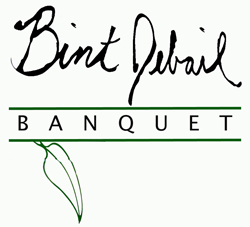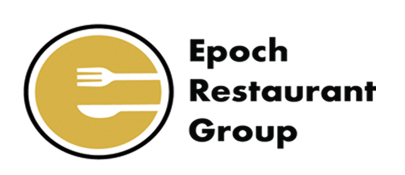|
TOURING BEIRUT
Driver Elias arrived early, on schedule; a young biochemistry graduate unable to find work in Lebanon’s tough economy, Elias would, in fact, find a job at a Canadian pharmaceutical firm, his ninth interview, on the final day of our trip. He was bright as a whip, knew most of the side streets and shortcuts that bisect this eternally congested city, and could slip seamlessly between Arabic, French and English—a vital talent in a place where communication is often the difference between arrest and a hand-wave onward. The camera equipment we lugged in huge, unmarked cases, proved a continual source of suspicion at roadblocks and routine passport checks, as Beirut’s stepped-up security in the face of car bombings made our van—filled also with unshaven foreigners (us) was tantamount to a banner reading ‘search me’.
We ringed the city via the Corniche, a chic harbor-hugging boardwalk, filming both the agony—shrapnel pocked buildings along the infamous Green Line, the demarcation line that tore the city into Christian and Muslim halves during the civil war, squatting Hezbollah tent-dwellers spreading before mosques and churches in Martyr’s Square, the very fire-blackened vehicles from the Antoine Ghanem assassination in the suburb of Sin al-Fi—and the ecstacy—beautiful contemporary architecture, the haut couture of Kasleek Street, the bustling and flourishing downtown (largely spearheaded by Solidère, formally 'La Société Libanaise pour le Développement et la Reconstruction du Centre-Ville de Beyrouth', whose aim is to restore Beirut's status as a glitzy metropolis) and a number of open-air markets, the particular love of Visionalist, which has produced dozens of cooking shows with executive producer Keith Famie.
The evening found us in the comfortable apartment of Abu Imad and Om Imad colloquially references to Dr. Marwan Abouljoud’s parents). Decorated in eclectic style, both Western and Oriental, the mood of the place reflects the multi-faceted career of the elder Abouljoud, a former Lieutenant Colonel in the Lebanese army whose various posts and assignments had him all over the globe, rubbing shoulders with dignitaries and luminaries with Encyclopedia names: Gamal Abdel Nasser, Egypt’s president, Chinese statesman Chiang Kai-Shek, various Russian leaders. Now 87, Abouljoud Sr. has a remarkably pacifistic outlook for a military man, and recalls with tremendous emotion his pre-World War II travels throughout the Middle East with two friends, one Christian and one Jewish—he himself, like Dr. Marwan, is Muslim.
It’s an outlook that has rubbed off on his son, who states with passion: “Friendships are more complicated than political or religious issues, true, but I believe that peace is easy for pragmatists. Religion should be breaking barriers, not making them—every holy book tells us the same thing, be humane. No one over here seems able to grasp the macro-picture. No one goes beyond their nose to think of the other person, that they’re killing a father of five, the mother of a baby, the baby of a mother. It is a sad state of the humanity we are in. And the chicken and the egg have to settle the issue. War perpetuates itself, but so does peace.”
|






